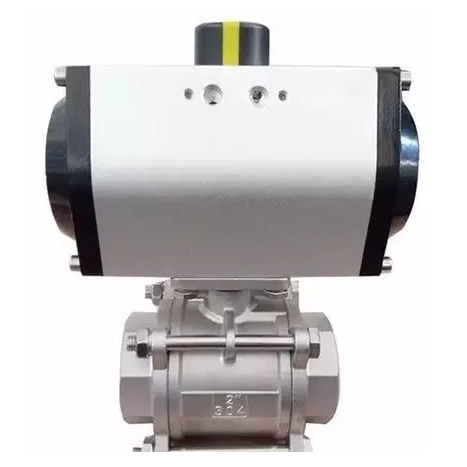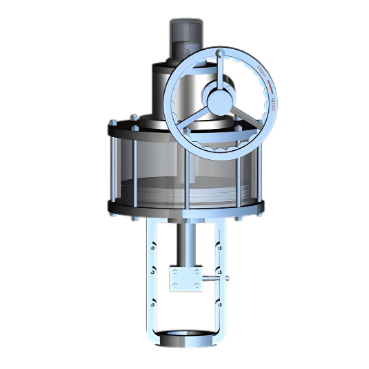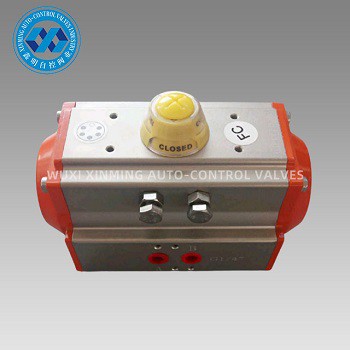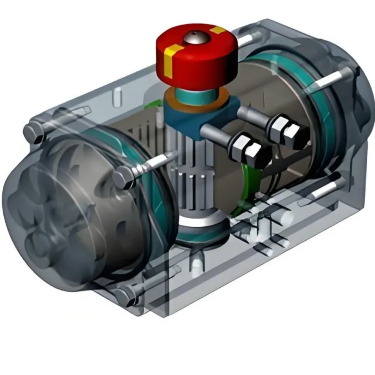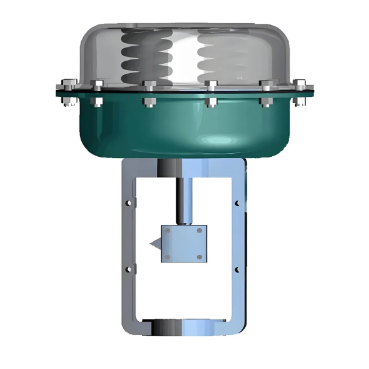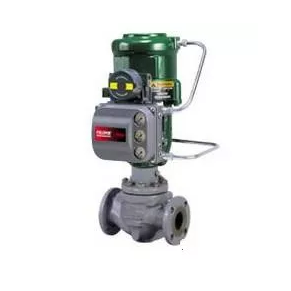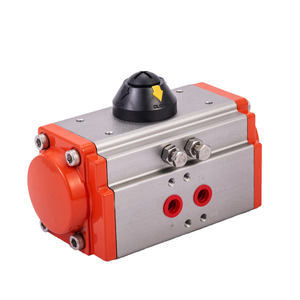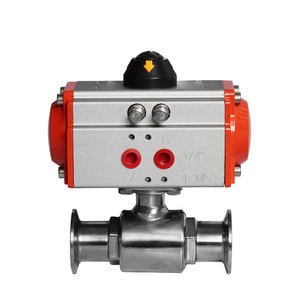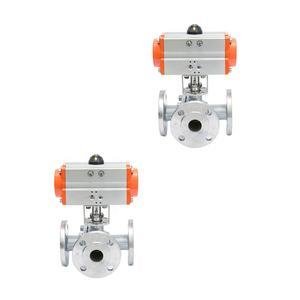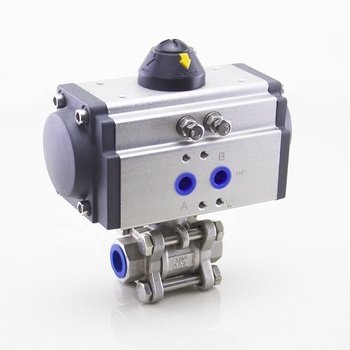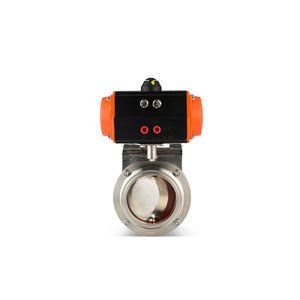When using pneumatic air actuators, several
safety precautions should be taken to ensure the safety of personnel and
equipment:
Pressure Regulation: Always set and
maintain the air pressure within the specified range of the actuator. Over -
pressurization can cause the actuator to malfunction, burst, or release parts
violently, posing a serious safety hazard. Use pressure - regulating valves and
gauges to monitor and control the pressure accurately.
Proper Installation: Install the actuator
correctly according to the manufacturer's instructions. Ensure that it is
securely mounted and that all connections, such as air hoses and fittings, are
tight and leak - free. Loose connections can lead to air leaks, which not only
affect the actuator's performance but can also cause noise and potential
damage.
Training and Awareness: Operators should
receive proper training on the operation and safety procedures of pneumatic air
actuators. They should be aware of the potential hazards, such as the sudden
movement of the actuator and the release of compressed air. Additionally,
operators should know how to shut down the system in case of an emergency.
Inspection and Maintenance: Regularly
inspect the actuator for any signs of wear, damage, or leakage. Replace worn -
out parts promptly to prevent unexpected failures. Also, perform routine
maintenance, including cleaning and lubricating the actuator, to ensure its
smooth operation and to minimize the risk of malfunctions.
Safety Devices: Install safety devices such
as emergency stop buttons, pressure - relief valves, and protective guards.
These devices can help prevent accidents and protect personnel in case of
system failures or malfunctions.
If you want to learn more about low-priced products, please visit the following website: www.xm-valveactuator.com


